
It's harder to be a national voice these days. Every team, whether it's as big as the NBA or down to leagues like the MLS or WNBA or minor league sports, has some sort of extremely super-serving, dedicated coverage to it. There's still traditional print media, but also the web, streaming device-specific content, and whole regional sports networks devoted to certain teams.
This year, Turner and CBS are using the philosophy of "if ya can't beat 'em, join 'em."
With the Final Four being broadcast on TBS this year (migrating to cable for the first time ever), Turner has found a unique way to make use of all its properties with "Teamcast." The concept is simple: team-specific broadcasts on national television. TruTV and TNT will broadcast both productions, which will involve separate crews and production trucks at AT&T Stadium in North Texas.
This, of course, makes it slightly different from what ESPN did during the BCS Championship Game. That move — which involved putting the radio feeds of Florida State and Auburn over the natural game broadcast — involved only one crew. It was a decision made after Turner's announcement, though TBS President David Levy said there was no resentment.
"Ours is going to be a very different telecast," Levy said in a press scrum at CBS and Turner's NCAA Tournament press luncheon in New York City on Tuesday. "I don't think it really matters. All I think that matters is how we do our storytelling with these games."
That said, there will be three distinct stories to tell. TruTV and TNT will air separate pre- and post-game feeds to go along with these local telecasts. On-air talent (which Levy suggested could range from local voices to celebrity alumni for the pre- and post-game show) will be snuffed out around the time of the Sweet 16. Still, it'll be a quick turnaround for whomever has to work it, and it may be different than your usual national broadcast.
"I think it really depends on the talent that we can actually get into the telecast, what they can do and what their limitations may be," Levy said. As for possible homerism? "If you're a Syracuse fan or a Duke fan, you're going to feel like your watching that home team's kinda [broadcast]."
The idea makes business sense, too. "From a business standpoint, David and I talked about that anytime you air a program on multiple channels, the rating's gonna go up," said CBS Sports Chairman Sean McManus. "The simplest thing would've been to simulcast the game on TNT, TruTV and TBS. It wouldn't have been very imaginative, so David's come up with a way to do this thing from a business standpoint so it makes sense."
So is this idea what's next in terms of national broadcasts finding a way to further engage fans. "This thing will look different in year four than it does in year one," says McManus, which suggests that these partners are committed to the idea long term. But will it emerge in other sports, such as Turner's coverage of MLB or CBS' coverage of the NFL?
Levy didn't necessarily think baseball's post-season, which features best-of-five and best-of-seven series, could be counted out even on a cost basis. I point blank asked Levy, and he was far from dismissive, saying "It may, I mean, we'll find out." And though the NFL seems like the least likely sport to see its ratings ever drop, McManus suggests there might be more logistics to how it's done. "You also need three channels."
But who knows? Who's to say that CBS doesn't look at Thursday Night Football sometime in the future and look to its partnership with Turner — which both parties were very quick to brag about the harmony of on Tuesday — and find a way to make a national football telecast seem more locally focused? If this is a success, it's clear that it will open doors for other opportunities all around the sports world.

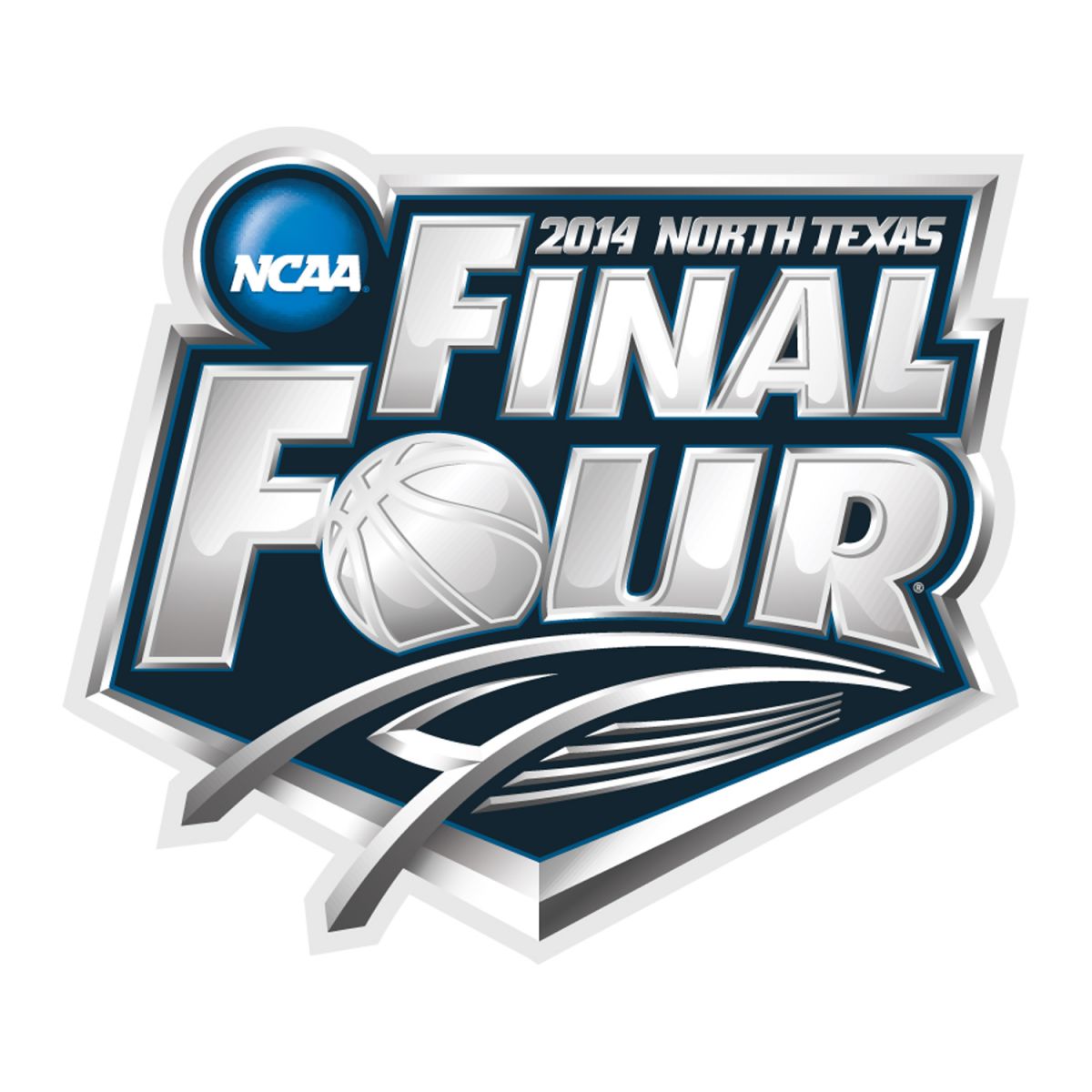
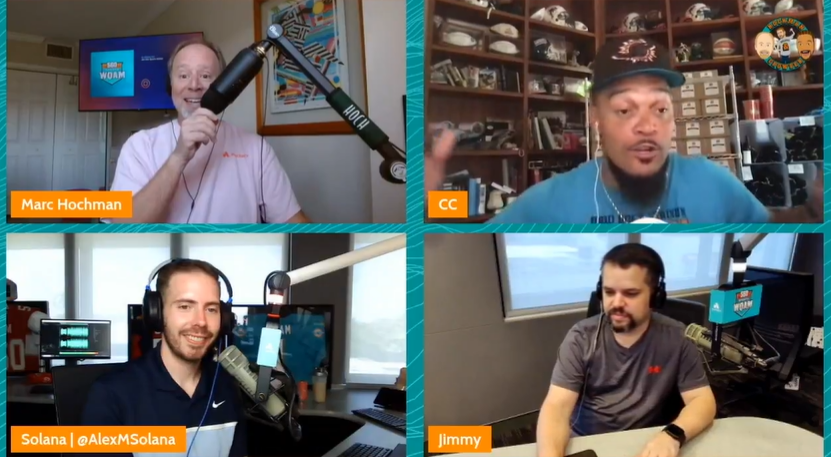

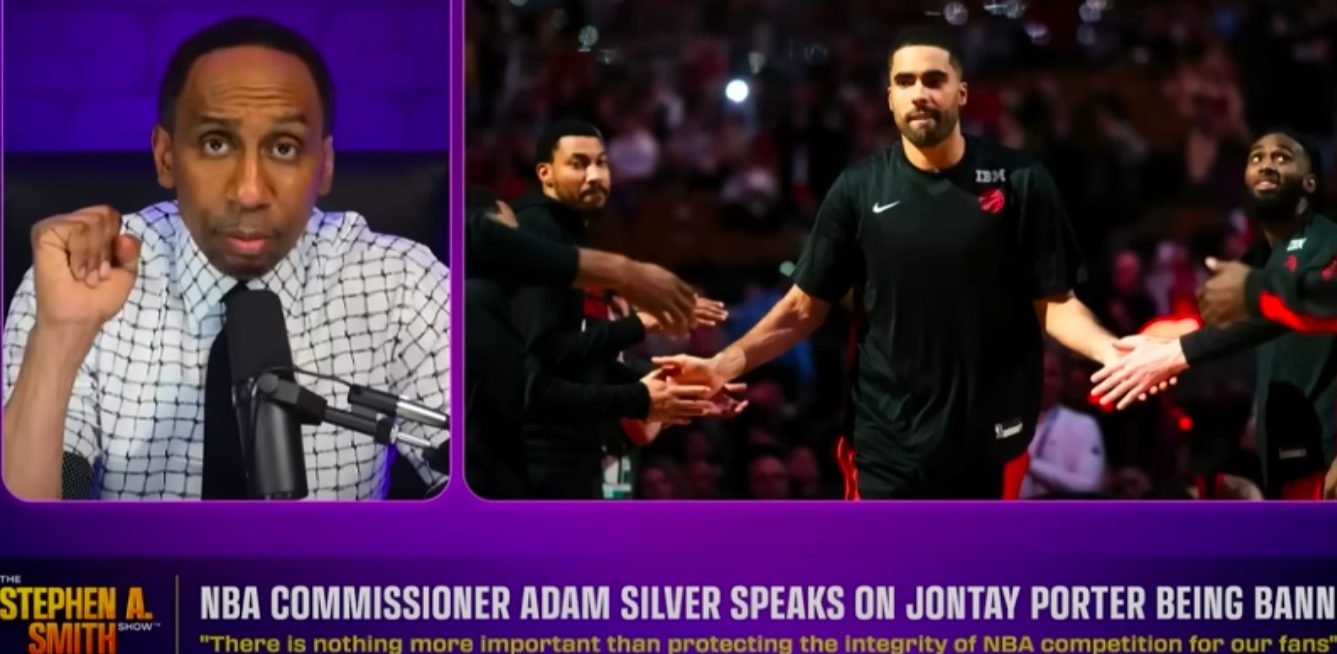
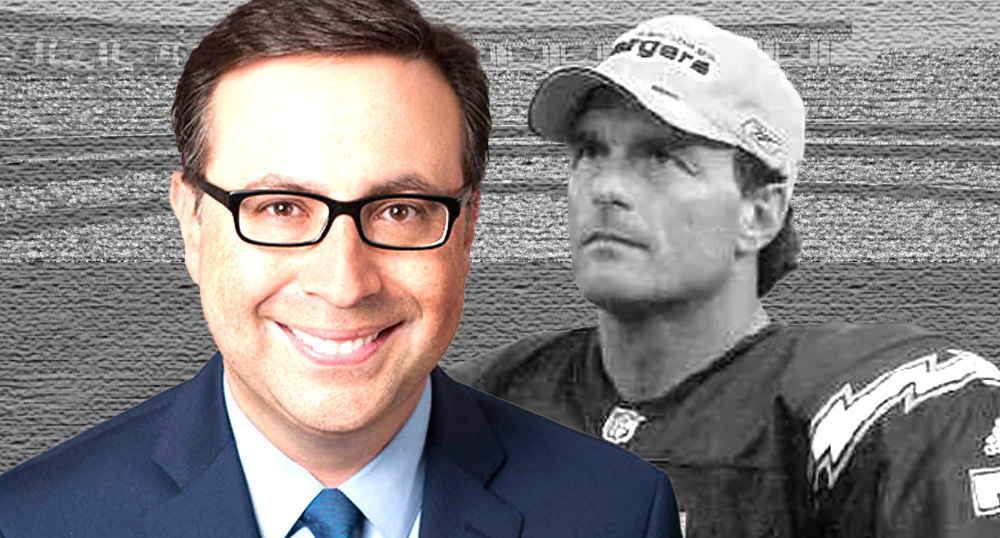
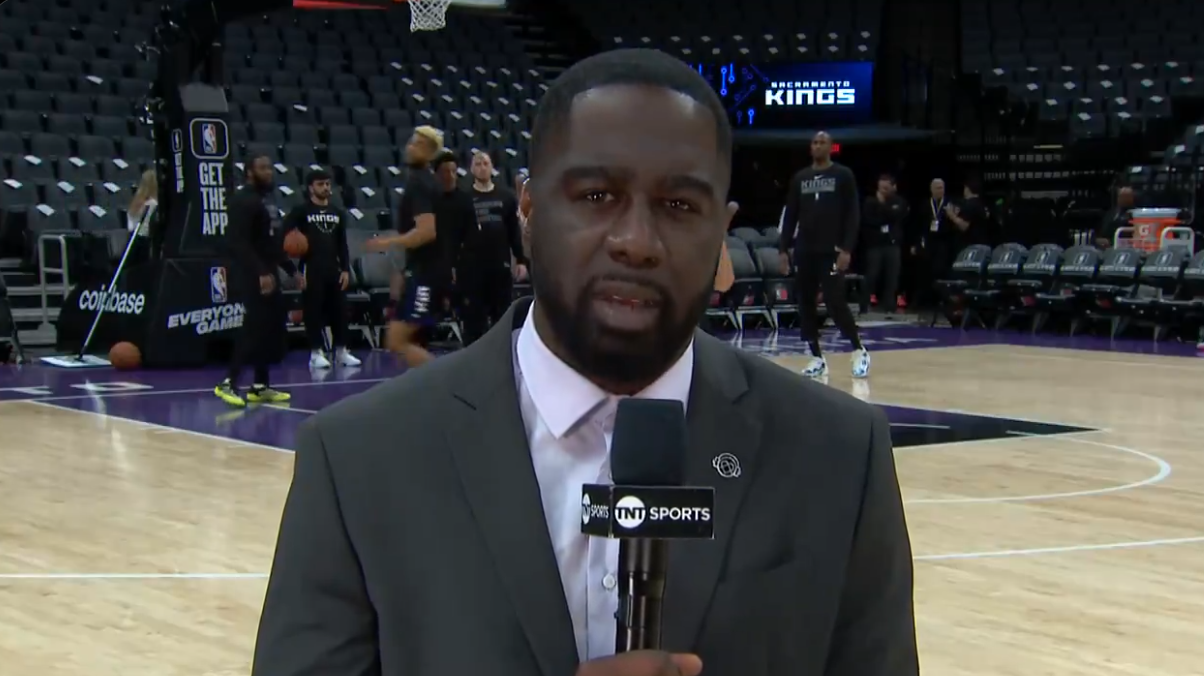
Comments are closed.